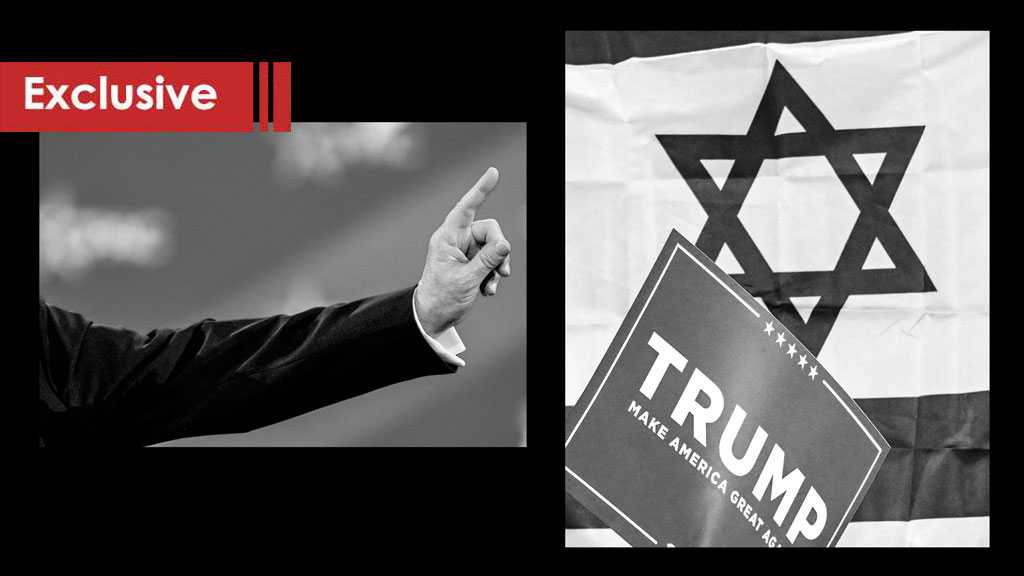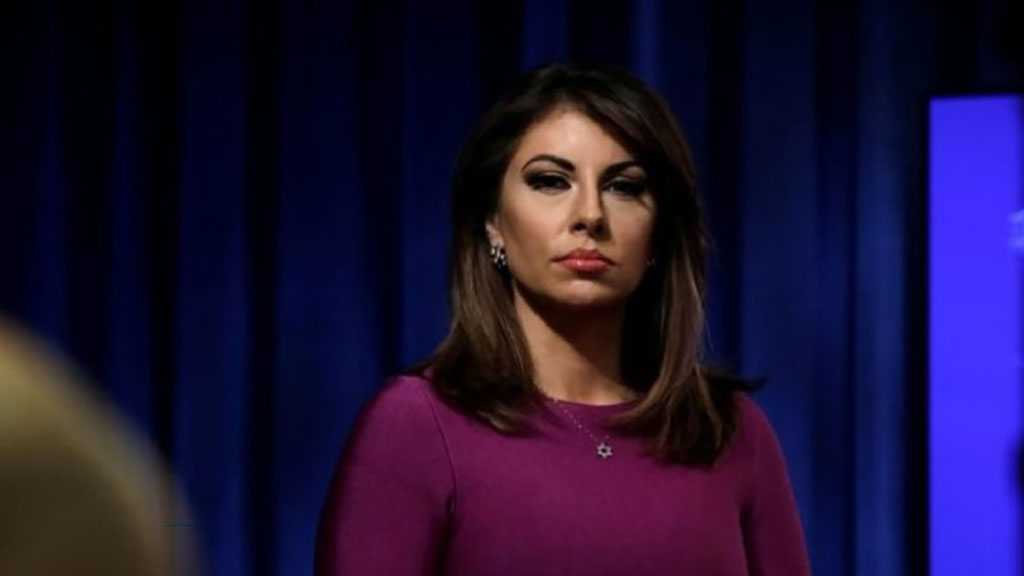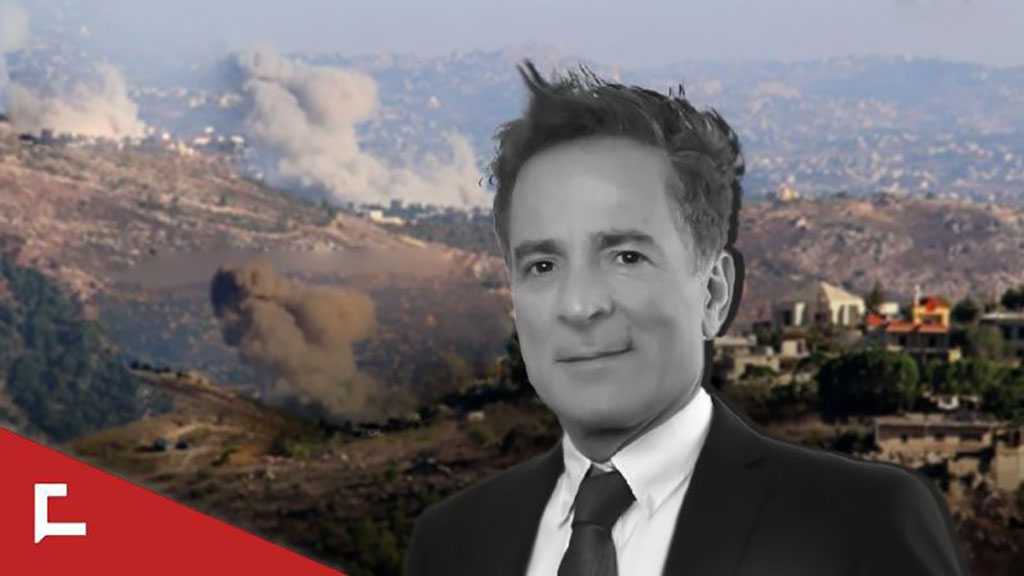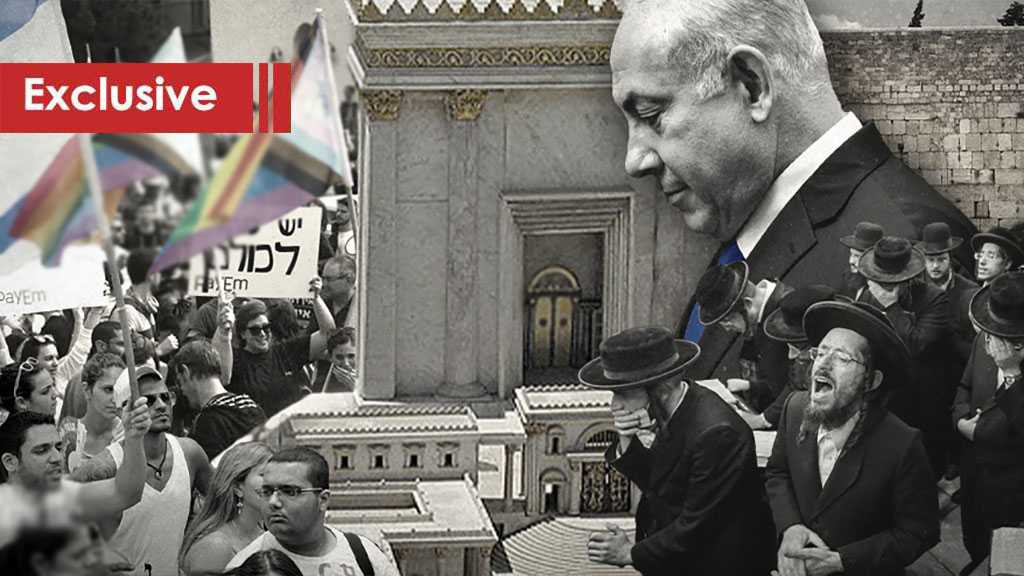
Iran Military…Unconditional Assistance to Lebanese Resistance

When former Lebanese president Emile Lahoud paid a visit to the Islamic Republic of Iran after his presidency he said that he realized and understood Iran's undiminished support for Lebanon.
He summarized it in two words when he told me: "Iran's support for Lebanon stems from the fact that they are with Lebanon's right to protect itself from "Israel", and this goes back to right after the Islamic revolution. They are convinced that if Lebanon is strong the region is strong."
"Iran was the only country to show the willingness to help Lebanon build a strong army without any preconditions."
Experts have expressed that Iran could be a real provider of arms for Lebanon, despite fear from some political sides that this would aggravate the situation in the region especially with the sanctions forced against Iran by western powers through the United Nations.
However, if we take a closer look at the history of ties between Lebanon and Iran, then we may conclude that it is only natural that a nation like Iran provides arms to Lebanon the "Army." The word army is part of the national code which includes the "people" and the "Resistance" whom were a focal point for Iran's support and assistance, the only assistance that has proven to be concrete and unconditional.
But what can Iran really provide?
Iranian Defense Minister Ahmad Vahidi had stated earlier that his country is willing to provide military aid to Lebanon. The Iranian foreign minister Manouchehr Mottaki has also stated: "Iran is ready to provide unlimited economic and even military support for the Lebanese government and people."
Despite the fact that Iran is an oil producing nation it has a full army, navy and air force which through demonstration shows its capability to stand at times of war.
Iran stood steadfast during the war launched against it by Saddam Hussein in the early 80s. Although Iraq had the full military support of the US and the other western countries, yet Iran had something Iraq did not have. Iran had a cause, and motivation to defend the principles of the new-born Islamic resistance. This is one of the fighting secrets of Iran and resistance movements in Lebanon and Palestine.
But Iran's resilience had shown that it can be a fast growing military as well:
The Army of the Guardians of the Islamic Revolution, or Revolutionary Guards, has an estimated 120,000 personnel in five branches: Its own Navy, Air Force, and Ground Forces; and the Quds Force (Special Forces). Some studies show that in Iran, there is a total of 11 million men that can be mobilized if need be.
Former chief of United States Central Command General John Abizaid has considered Iran's military as the Middle East's most powerful. Although he said this was withstanding "Israel's" forces, yet it is almost twice as large as "Israel's" especially in manpower.
The ethics which revolves around Iran's military is also very interesting and similar to that of Hizbullah's resistance: "no first strike" is considered as part of the fundamentals of Islam and therefore the Islamic republic has never launched preemptive wars, something that is an "Israeli" expertise.
Now, here in Lebanon, the people and the resistance have been receiving significant aid from Iran. The US had said it would provide some 100$ million dollars in aid to Lebanon's military so that it may "have full control" of its territory, not so that it may "defend itself against enemy states. Not only that but also a $100 million to equip an army is a trivial equation especially in light of being "a conditional support".
When the Odaisseh incident occurred in early August, and Lebanese soldiers fought against "Israeli" forces who were trying to remove a tree believed by all Lebanese to be inside Lebanese land and part of Lebanon's precious natural life, The US Congress decided to block its $100 million military aid to Lebanon shortly after.
Howard Berman of California, chairman of the House Foreign Affairs Committee, and Nita Lowey of New York said they need to know more about the clash in southern Lebanon between the Lebanese military and "Israel", and the military's relationship with Hizbullah.
Following these remarks, Lebanese politicians even defense minister Elias Murr who is considered as someone having strong ties with the US, stated that if the US were to stop its aid then Lebanon would have to turn to other friends.
Evidently, the US has tried to prohibit any side from facing "Israel's" aggressive nature. Iran and resistance movements in the region have been an exception, and they just might be welcoming Lebanon's army to the club of the resistance bloc.



